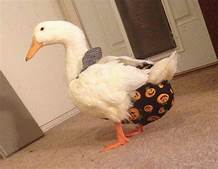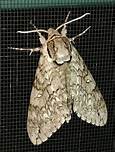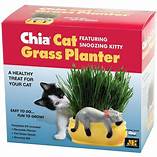How to Get a Pet Duck
Ducks are social, friendly creatures that can make great pets for both children and adults. With a little care and attention, they can provide years of companionship and enjoyment. Here's a step-by-step guide on how to get a pet duck:

Choosing a Duck
Before you bring a duck home, it's important to choose the right breed. There are many different breeds of ducks available, each with their own unique characteristics. Some of the most popular breeds for pets include:
1. Pekin ducks: These are the most common breed of pet ducks. They're large, white ducks that are good for egg production.
2. Mallard ducks: These ducks are smaller than Pekin ducks and have a more colorful appearance. They're not as good for egg production, but they're very active and playful.
3. Indian Runner ducks: These ducks are long and slender with a distinctive upright stance. They're not as good for egg production as other breeds, but they're very good at foraging for food.
Housing Your Duck
Once you've chosen a duck, you'll need to provide it with a suitable home. Ducks need a coop or shelter that is protected from the elements. The coop should have plenty of space for the duck to move around, as well as a nesting box for laying eggs. The coop should also be equipped with a water dish, a food dish, and a perch for the duck to roost on.
Feeding Your Duck
Ducks are omnivores and will eat a variety of foods, including plants, insects, and small animals. A good diet for a pet duck includes:
1. Commercial duck food: This is a balanced diet that contains all the nutrients that a duck needs.
2. Fresh vegetables and fruits: Ducks love to eat fresh vegetables and fruits, such as lettuce, carrots, apples, and berries.
3. Insects: Ducks will also eat insects, such as flies, mosquitoes, and worms.
Caring for Your Duck
Ducks are relatively low-maintenance pets, but they do require some basic care. Here are some things you need to do to keep your duck healthy and happy:
1. Clean the coop regularly: The coop should be cleaned at least once a week to prevent the buildup of bacteria and parasites.
2. Provide fresh water daily: Ducks need access to fresh water at all times.
3. Feed your duck a healthy diet: Feed your duck a balanced diet that includes commercial duck food, fresh vegetables and fruits, and insects.
4. Give your duck plenty of exercise: Ducks need plenty of exercise to stay healthy. Let your duck out of the coop for at least an hour each day to explore and play.
Declaration: All article resources on this website, unless otherwise specified or labeled, are collected from online resources. If the content on this website infringes on the legitimate rights and interests of the original author, you can contact this website to delete it.






